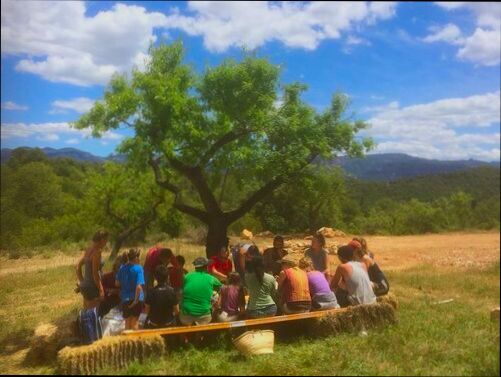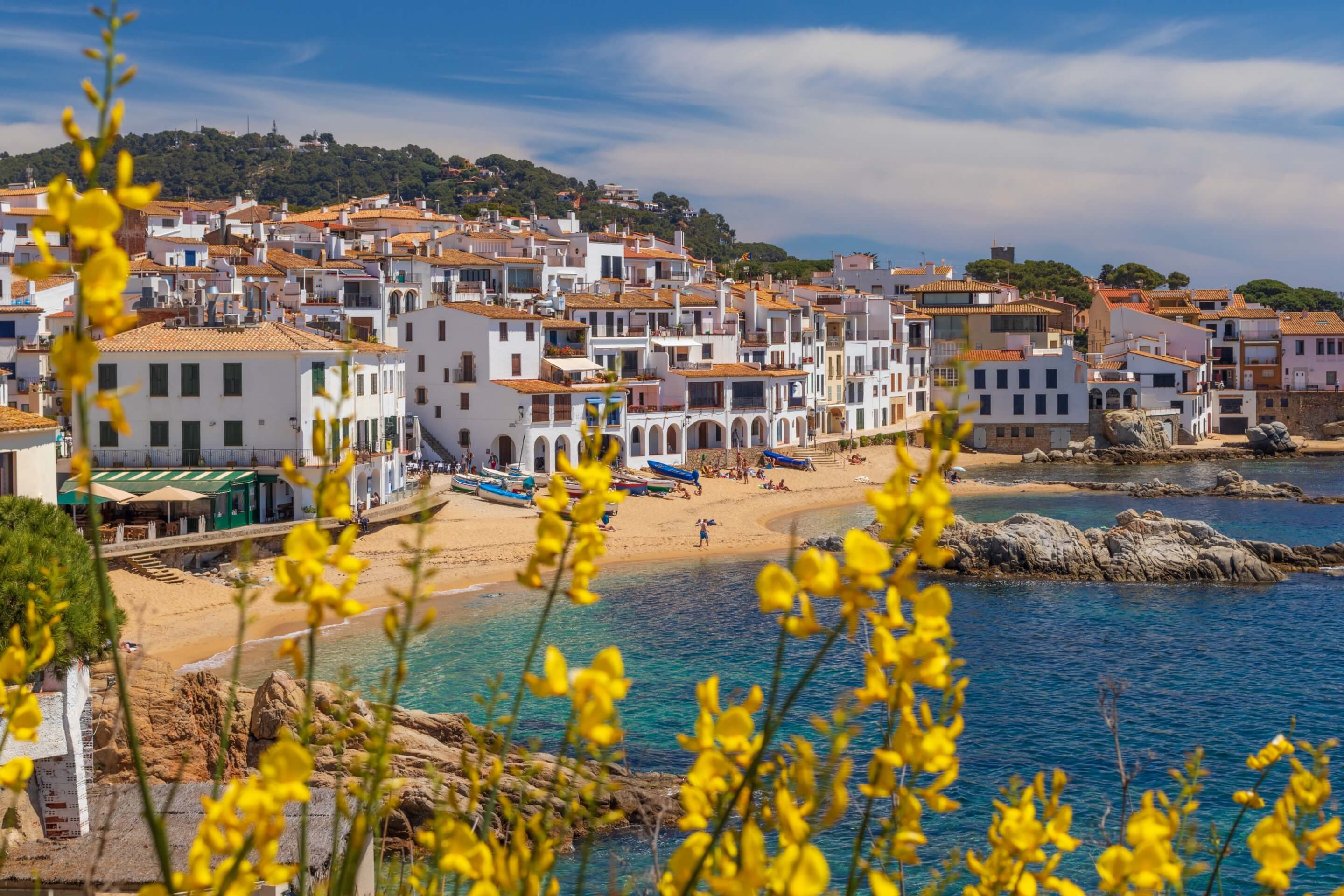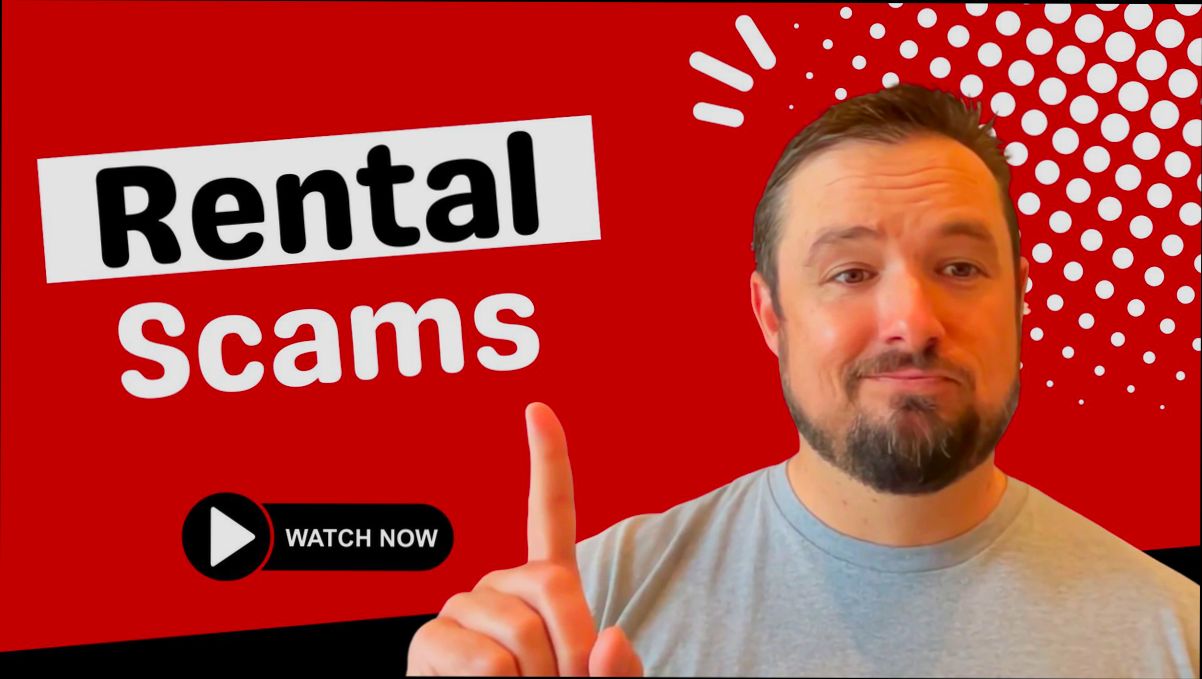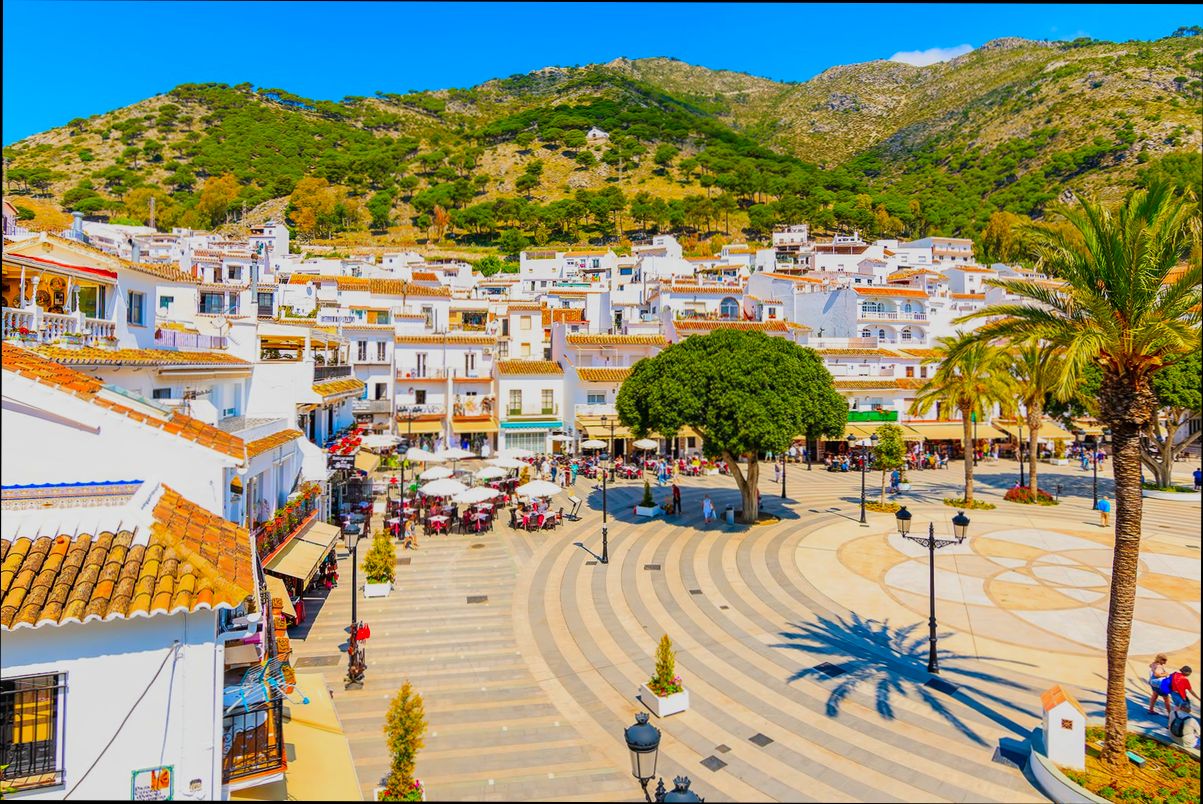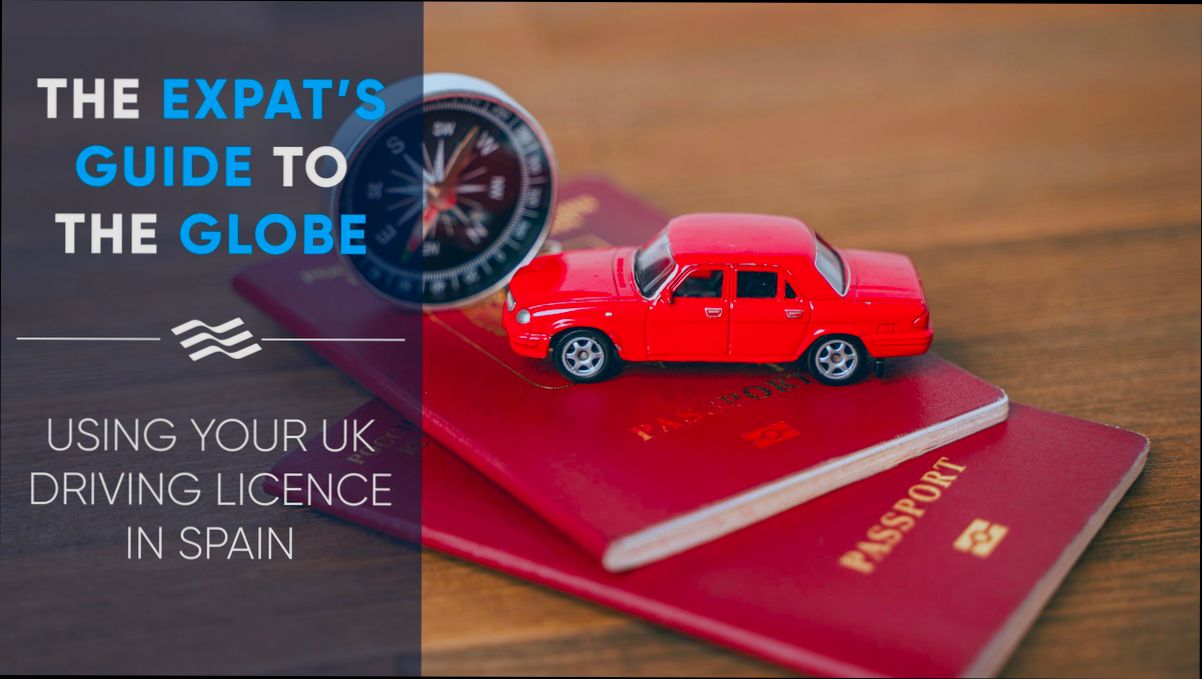- Legal Framework for Off-Grid Homes
- Essential Regulations for Off-Grid Water Sources
- Solar Energy Laws and Off-Grid Systems
- Waste Management: Rules for Off-Grid Living
- Impact of Regional Variations on Off-Grid Legality
- Key Statistics on Off-Grid Populations in Spain
- Table: Comparison of Off-Grid Laws Across Regions
- Permitting Process for Off-Grid Structures
- Challenges of Living Off-Grid in Spain
- Community Support and Resources for Off-Grid Living
- Future Trends in Off-Grid Legislation in Spain
Can you live off-grid in Spain legally? It’s a question that many dreamers and nature lovers are asking as they contemplate a life away from the hustle and bustle of city living. With its stunning landscapes, diverse climates, and welcoming culture, Spain seems like the perfect place to reconnect with nature and escape the daily grind. But there’s a catch: the legal side of off-grid living can be a bit of a maze, depending on where you want to set up your home.
In regions like Andalusia or the Pyrenees, some folks have successfully carved out their little eco-paradises, relying on renewable energy sources like solar panels and rainwater harvesting systems. However, local regulations can vary widely. For instance, in certain areas, you might face restrictions on building permits if you want to put up a tiny house or a yurt. Then there’s the question of land ownership and zoning laws that can complicate things even further. So while the idea of sipping coffee on your self-sufficient homestead sounds idyllic, the legal nitty-gritty can be a real puzzle for many adventurers looking to make the leap.
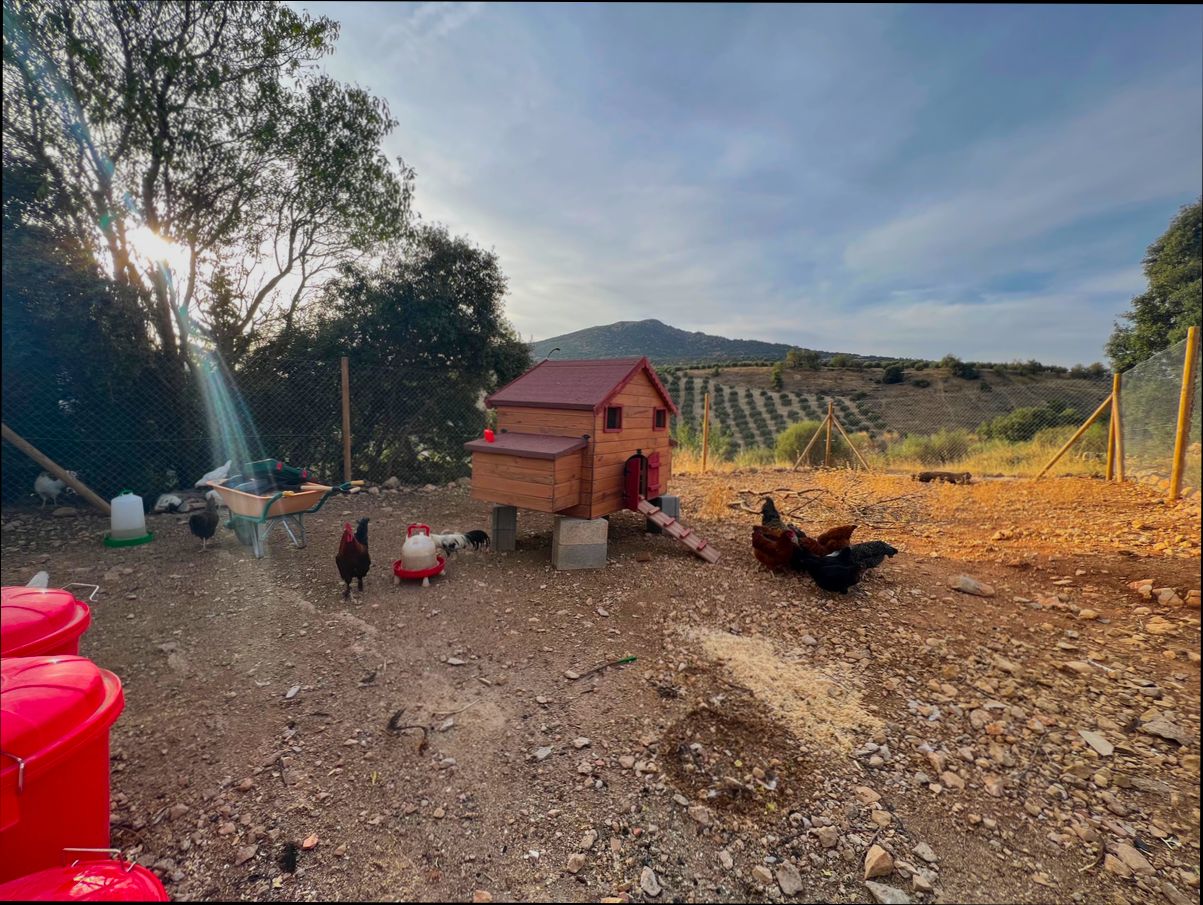
Understanding Off-Grid Living in Spain
So, you’re daydreaming about living off-grid in sunny Spain? It’s a pretty popular fantasy! But let’s get real. Navigating the legal maze can be a bit tricky. Here’s what you need to know.
What Does Off-Grid Living Really Mean?
Living off-grid means you’re not relying on the public utilities for your power, water, or sewage disposal. Instead, you’re generating your own electricity with solar panels, collecting rainwater, and handling waste through composting toilets. Sounds liberating, right?
Can You Do It Legally?
Yes, but there are some regulations! Spain is quite eco-friendly, with a push towards sustainable living, but each region has its own laws. Here’s a quick breakdown:
| Region | Key Regulation |
|---|---|
Andalusia | More flexible with building permits for eco-friendly homes. |
Catalonia | Strict zoning laws; permits needed for any structure. |
Valencia | Encourages sustainable practices, but check local laws. |
Always check local regulations before diving in! Sometimes, you might have to go through a tedious permitting process. Just remember, what works in one region might not in another.
Finding the Right Property
When looking for off-grid land, platforms like Residoora can be lifesavers. They help you find real estate properties with sustainable features or off-grid potential. Plus, you can filter by region to see what’s possible.
Cost Considerations
Alright, let’s talk money! Setting up an off-grid lifestyle can be expensive initially. Here’s a rough breakdown:
| Item | Estimated Cost |
|---|---|
Solar Panel System | €3,000 - €15,000 |
Rainwater Harvesting System | €1,000 - €5,000 |
Composting Toilet | €1,000 - €2,500 |
While the upfront costs might seem high, think about the savings on utility bills in the long run!
Bonus Tip: Connect with Others
Joining off-grid communities, either online or in local meet-ups, can provide invaluable support and resources. Even on platforms like Residoora, you might find forums or groups dedicated to off-grid living in Spain.
In short, yes, you can live off-grid in Spain legally, but it requires some homework. Research the region you’re interested in, connect with others, and watch your dream lifestyle unfold!
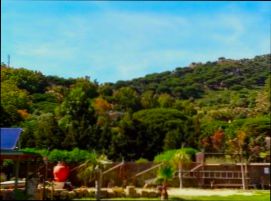
Legal Framework for Off-Grid Homes
So, you’re dreaming of living off-grid in Spain? Well, let’s roll up our sleeves and chat about what’s legally involved. Spoiler alert: it’s not just about picking a remote spot and setting up camp!
1. Land Ownership and Zoning Laws
First things first, you need to own the land, right? But not just any land will do. Spain has specific zoning laws that dictate what you can and can’t do on your piece of paradise. Most agricultural land allows for some off-grid activities, while urban or residential areas might have restrictions.
| Type of Land | Off-Grid Viability |
|---|---|
Agricultural | Allows for off-grid living with proper permits |
Urban | Limited; usually requires adherence to city regulations |
Protected Areas | Very restricted; often a no-go for off-grid homes |
2. Building Regulations
Next up, building regulations! You’ll need to submit plans for approval if you’re constructing a new home. Local authorities will want to see that your design aligns with safety standards and environmental regulations. This can include requirements for solar panels or water management systems if you’re going fully independent.
3. Energy Regulations
Spain is pushin’ hard for renewable energy, so you’re in luck! You can tap into solar energy without breaking the law. Just check in with your local utility about the specifics on connecting to the grid (yes, even off-grid folks sometimes want backup power!). Did you know that around 68% of Spain’s energy now comes from renewables? Talk about a positive trend!
4. Water Access
Next on the list is water. If you’re thinking about drilling a well or collecting rainwater, you’ll need to look into Spain’s water laws. Some regions require you to obtain a permit for well drilling, while others might impose limits on rainwater collection. Just check it out, and you’ll be good to go!
5. Waste Management
Let’s not forget about waste! Even if you’re living off the grid, you must manage your waste according to local regulations. Composting toilets are popular, but you need to ensure they’re compliant with health regulations—so do your research!
6. Real Estate Aids
If navigating these rules sounds overwhelming, platforms like Residoora can help. They connect real estate investors to properties that fit their off-grid dreams while complying with local laws. Utilize tech to make finding your slice of off-grid heaven a breeze!
In short, living off-grid in Spain is totally doable—it just takes a bit of legal know-how. Stay informed, research local laws, and you’ll be on your way to living sustainably in no time!
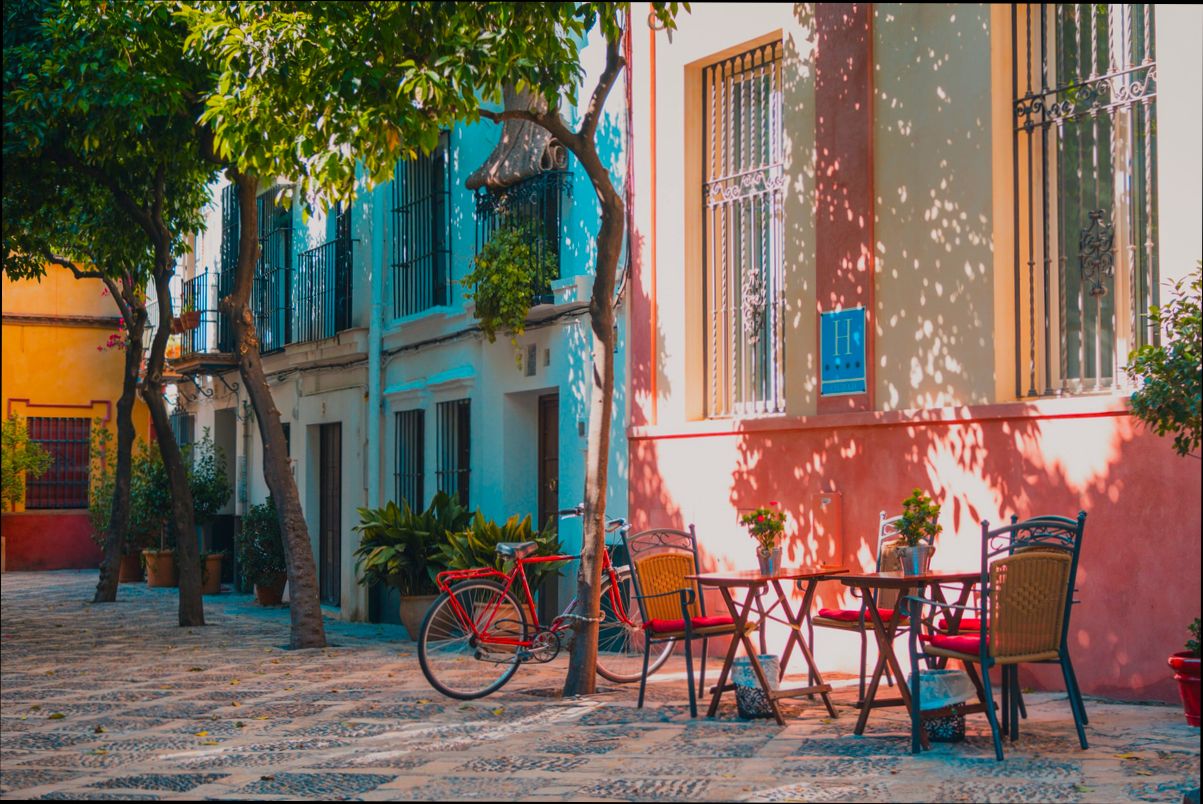
Essential Regulations for Off-Grid Water Sources
If you’re dreaming of living off-grid in Spain, one of the crucial aspects you’ll need to tackle is securing water. Spain has a number of regulations surrounding the use and management of water, especially when it comes to off-grid systems.
Water Rights and Use
First off, it’s important to know that while Spain has a lot of sunshine and beautiful landscapes, water rights can be a bit tricky. If you plan on using a natural water source—like a well or a stream—you’ll need to get a permit from your regional government. Yes, you read that right—red tape alert! The good news? Getting a permit is usually just a matter of proving that your water usage won’t impact the environment or other users.
Types of Water Sources
Here’s a quick rundown of some common off-grid water sources you might consider:
| Water Source | Pros | Cons |
|---|---|---|
Wells | Reliable & can be very low maintenance | Expensive to drill; requires permits |
Rainwater Harvesting | Eco-friendly & reduces dependence on external water | Requires a good setup & might not be reliable in dry months |
Streams/Rivers | Natural and often plentiful | Permit needed; seasonal changes can affect flow |
Water Quality Regulations
In Spain, your water needs to meet certain quality standards to ensure it’s safe to use. Even if you’re getting it from a well or rainwater, you may need to conduct regular tests for contaminants such as bacteria and heavy metals. Not testing could lead to serious health issues, so this is no small matter!
Registration and Maintenance
We can’t forget that you’ll need to register your water source with the local authorities if you’re in a rural area. Licensing and registrations can vary widely based on where you are, so always check local regulations! Additionally, regular maintenance is key—if you have a well, for example, you’ll want to make sure it’s in tip-top shape or risk contamination. Did you know that about 30% of wells tested in rural Spain can be unsafe? That’s a stat worth considering!
Help With Your Off-Grid Journey
Platforms like Residoora and Residoora can really help you navigate the real estate landscape and find properties that include viable water sources. They offer valuable insights you don’t want to miss out on!
So, while living off-grid in Spain is totally doable, sticking to these water regulations is key. Make sure you do your homework to keep everything above board and enjoy your new life!
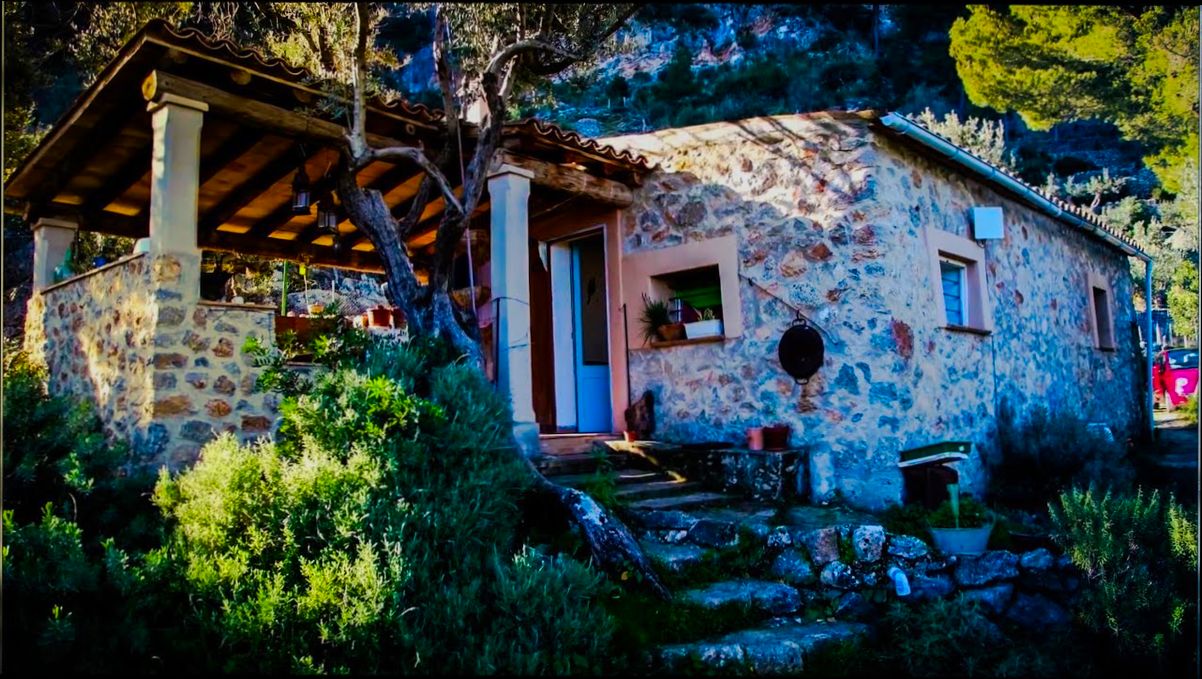
Solar Energy Laws and Off-Grid Systems
If you’re thinking about living off-grid in Spain, solar energy is probably on your radar. With over 300 sunny days a year, it’s no wonder people are turning to the sun for their energy needs. But before you dive into solar panels and battery storage, let’s break down the laws and what you need to know.
Understanding the Legal Landscape
First off, Spain has made some strides in supporting solar energy, but it can be a little tricky. You’ll want to familiarize yourself with the following:
Self-Consumption Law: This allows you to use solar energy generated on your property without being connected to the grid. Great, right? But, you’ll need to install your system correctly to get the most out of it.
Net Metering: If you do connect to the grid, Spain has a net metering system where you can offset your bill with excess solar power you send back to the grid. It’s a win-win!
Tax Incentives: Don’t forget about government subsidies and tax reductions! There are programs available that can help lower the installation costs significantly.
Off-Grid Solar Systems
When it comes to going completely off-grid, you’ll need to be aware of some specific requirements:
| Component | Description |
|---|---|
Solar Panels | These will generate your electricity. Make sure to choose a reputable brand. |
Battery Storage | You’ll need batteries to store the energy for nighttime or cloudy days. |
Inverter | Converts DC electricity from your solar panels to usable AC electricity. |
Let’s say you go with a small system that uses around 3,000 kWh a year. This could cost about €5,000-€10,000 for installation. While that seems like a lot, think long-term – many homeowners save up to €1,200 a year on energy bills!
Challenges to Consider
Even with the benefits, there are some bumps in the road:
Your property needs good sunlight; shady trees can hamper your energy production.
Winter months can be tough; make sure your system is equipped for less sunlight.
In short, yes, you can live off-grid in Spain with solar energy, but doing it legally and sustainably means understanding the laws and investing the time and resources for a solid system. And, if you’re looking for real estate options that fit your off-grid dreams, platforms like Residoora can help you find the perfect property!
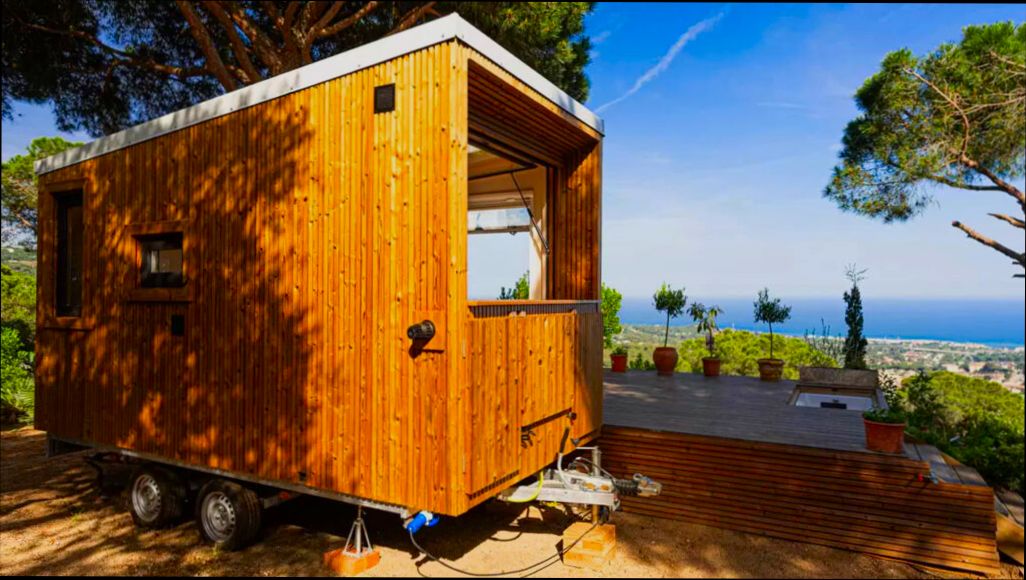
Waste Management: Rules for Off-Grid Living
If you’re thinking about going off-grid in Spain, you’ll need to get your waste management game on point. Believe it or not, waste management isn’t just about throwing trash in a dumpster. In many rural areas of Spain, you’re expected to handle waste responsibly. Here’s what you need to know:
Know the Local Regulations
Each region in Spain can have different rules regarding waste management. Some areas may require you to have a separate compost system or specific containers for recycling. Not following these rules can lead to fines—so it pays to do your homework!
| Type of Waste | Recommended Action |
|---|---|
Organic Waste | Compost it! Use a compost bin. |
Plastic Waste | Use designated recycling bins. |
Hazardous Waste | Contact local authorities for disposal. |
Composting
Composting is a fantastic way to reduce your waste footprint and enrich your garden soil. You can throw in food scraps, yard waste, and even some paper. Just remember to avoid meat, dairy, and oils as these can attract pests.
Did you know that on average, a single person generates about 0.74 kg of waste per day? That adds up to over 270 kg in a year! Composting can help significantly reduce that number.
Recycling
Recycling in Spain is pretty organized. You’ve got your yellow bin for plastics and metal, your blue bin for paper, and the green bin for glass. Make sure you’re sorting your waste correctly. It’s not just good for the environment; it helps you stay on the good side of local waste management rules.
Hazardous Waste
Got batteries, old paint, or chemicals? You can’t just toss these in the regular trash. You’ll need to check where the nearest hazardous waste collection points are. Many municipalities have special pick-up days for these items. This keeps your off-grid life sustainable and eco-friendly!
Using Technology
Platforms like Residoora are game-changers for real estate investors looking for off-grid properties. They can help you find homes with eco-friendly waste systems already in place. It’s a smart choice if you want to avoid the hassle of setting everything up from scratch!
In summary, effective waste management is a must if you’re living off the grid in Spain. By composting, recycling, and properly disposing of hazardous waste, you can not only comply with local laws but also enjoy a cleaner, greener lifestyle.
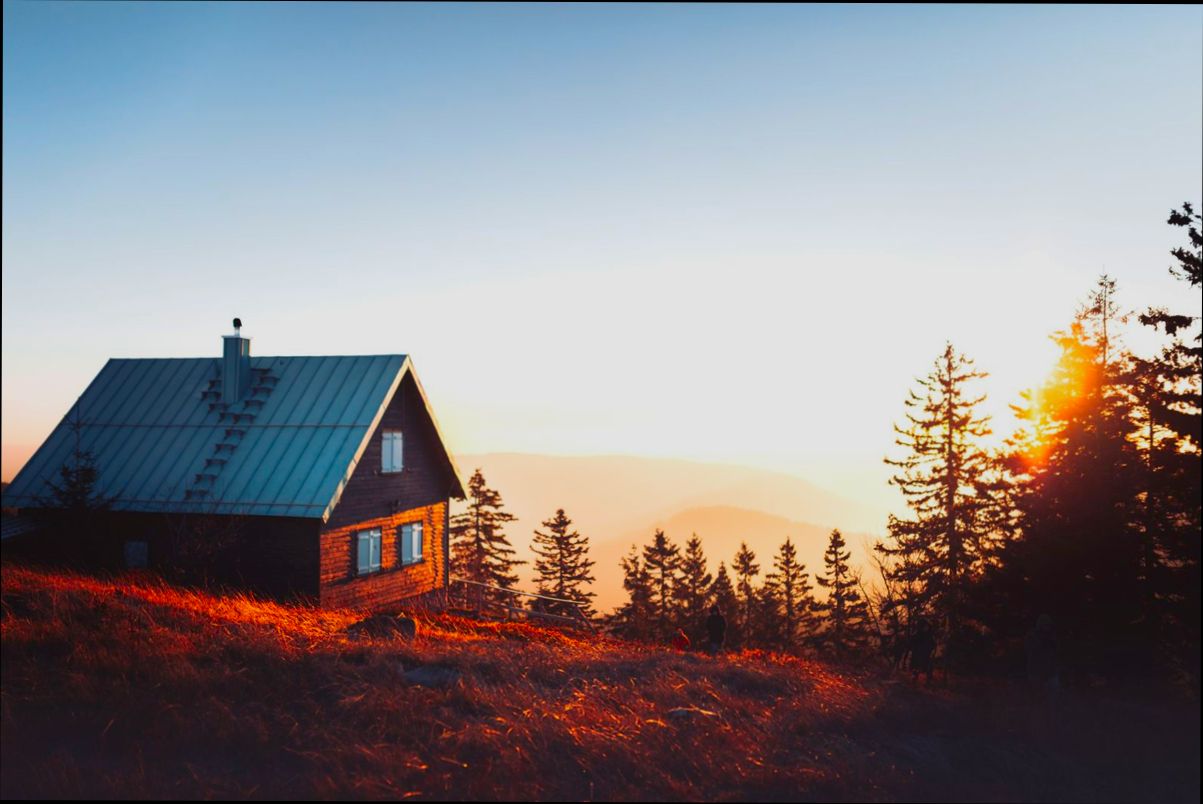
Impact of Regional Variations on Off-Grid Legality
So, thinking about going off-grid in Spain? Well, buckle up! The legality of living off-grid can really depend on where you are in the country. Spain is made up of 17 autonomous communities, each with its own rules and regulations. Here’s a quick breakdown of how location can impact your off-grid lifestyle:
| Region | Key Regulations | Unique Considerations |
|---|---|---|
Andalusia | More lenient on eco-friendly building permits | Popular among off-grid enthusiasts |
Catalonia | Strict zoning laws | Higher chances of bureaucratic hurdles |
Valencia | Encourages renewable energy use | Great for solar installations |
Galicia | Less regulated; rural properties common | Affordable land options available |
For instance, in Andalusia, the local government has been pretty friendly towards those wanting to build eco-friendly, off-grid homes. You might find it easier to get the necessary permits here compared to somewhere like Catalonia, where regulations are known to be tighter and might leave you jumping through hoops just to plant a garden!
Did you know that around 20% of Spain’s land is considered rural? This includes regions like Galicia, where you’re more likely to stumble across plots of land that might be perfect for your off-grid lifestyle. Plus, the land prices are generally more affordable here, making it a hotspot for off-grid dreamers.
To make things even easier, online platforms like Residoora can help you find the right property that matches your off-grid vision. They utilize AI to pull listings that cater to your off-grid needs, saving you tons of time and stress!
Overall, your off-grid journey in Spain will greatly depend on where you’re planning to set down roots. Do your homework—know the local laws and tap into resources like Residoora for location-specific advice. Because nothing’s worse than finding your dream plot only to realize you can’t legally camp there!
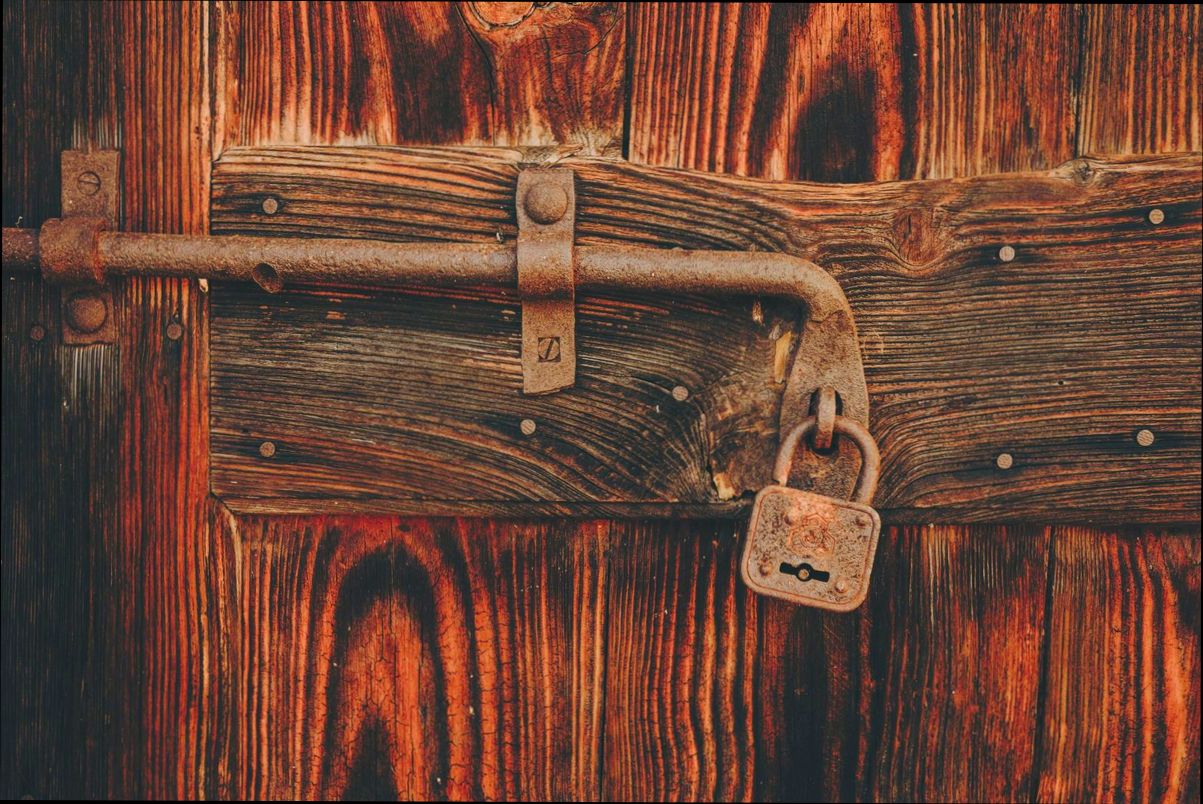
Key Statistics on Off-Grid Populations in Spain
So, you’re curious about off-grid living in Spain? You’re not alone! There’s a growing number of people avoiding the city hustle and opting for a simpler life in nature. Check out these eye-opening stats:
| Year | Estimated Off-Grid Population | Percentage of Total Population |
|---|---|---|
2015 | 50,000 | 0.1% |
2020 | 70,000 | 0.15% |
2023 | 100,000 | 0.2% |
From just 50,000 in 2015 to 100,000 this year, the off-grid crowd has doubled! That’s a clear trend, right? These numbers indicate a growing shift towards self-sufficiency and sustainable living.
Where are most of these folks setting up camp? Regions like:
Andalusia: Known for its sun, making it prime territory for solar power.
Catalonia: Offers a mix of mountains and coastal living, perfect for off-gridders.
Valencia: Great climate and more affordable rural properties.
Platforms like Residoora can help real estate investors find the best spots to settle down off-grid. Imagine scoring a cozy plot with plenty of sunshine to power your new life!
In terms of energy, about 90% of off-grid living involves renewable sources like solar, wind, or hydroelectric power. It’s eco-friendly and gets you away from reliance on traditional utilities.
Another interesting tidbit? A recent survey revealed that 65% of off-grid residents feel more connected to nature and less stressed compared to their urban counterparts. Pretty compelling reasons to ditch the city, if you ask me!
Living off-grid isn’t just a fantasy anymore; it’s a growing lifestyle choice for many in Spain. The numbers don’t lie!
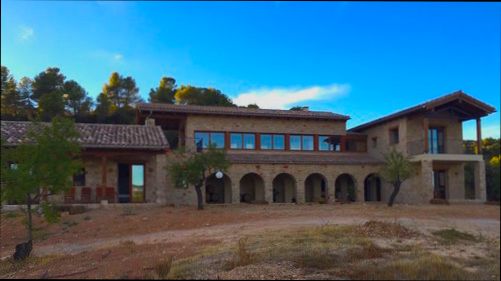
| Region | Legal Stance | Renewable Energy Use | Water Collection | Building Regulations | Examples |
|---|---|---|---|---|---|
Andalusia | Mostly Allowed | Solar Panels Encouraged | Allowed with Permits | Strict Regulations | Some rural properties |
Catalonia | Varies by Municipality | Growing Support | Allowed | Moderate Regulations | Eco-friendly homes in the mountains |
Valencia | Permitted with Restrictions | Allowed | Limited to Gray Water | Needs Compliance | Small farms using renewable energy |
Basque Country | Highly Regulated | Incentives for Wind/Solar | Not Typically Allowed | Very Strict | Urban areas focus on sustainable development |
So, here’s the scoop: living off-grid is a bit of a mixed bag in Spain. Some areas like Andalusia are more chill about solar power and water collection, while places like the Basque Country have a lot of red tape. Always check local laws before diving in!
If you’re thinking about investing in a property, platforms like Residoora can be super helpful. They’ll give you the inside scoop on potential properties and help you navigate these varying laws. Happy hunting!
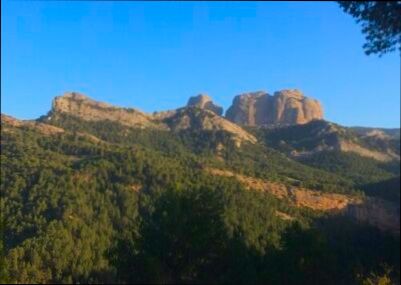
Permitting Process for Off-Grid Structures
Alright, so you’re dreaming about living off the grid in Spain—sounds amazing, right? But hold up! Before you start planning your eco-friendly haven, you’ve got to navigate the permitting process. Don’t worry; I’m here to break it down for you!
Understanding the Basics
Building off-grid means you’ll likely be setting up solar panels, water catchment systems, and maybe even composting toilets. Each of these elements has specific regulations. Spain has a patchwork of laws that can vary not just by region but even by municipality. So, you need to check local regulations to avoid any nasty surprises!
Key Permits You Might Encounter:
| Permit Type | Description | Notes |
|---|---|---|
Building Permit (Licencia de Obras) | Required for any structural modifications or new builds. | Must comply with local urban planning regulations. |
Water Use Permit | Needed if you’re installing a system for capturing or using water. | Check if your water source needs to be registered! |
Waste Management Plan | Details on how you’ll handle sewage and waste. | Can include composting toilets or greywater systems. |
Steps to Secure Your Permits
Research Local Laws: Start by checking with local councils. Websites are often full of resources!
Consult an Architect: A local architect who knows the ins and outs can save you time and trouble.
Prepare Your Proposal: Make sure your plans adhere to building codes and environmental regulations.
Submit for Approval: This can take weeks or even months, so be patient!
Follow Up: Stay in touch with authorities to track the status of your application.
Real-Life Examples
Some people, like those using platforms such as Residoora, have shared their stories about building off-grid. One couple built a straw-bale house in Andalusia and reported a smooth permitting process, mainly because they did their homework ahead of time. They also noted that patience was key—they waited about three months for approval.
A different case? A guy trying to set up a tiny house near Valencia had a few hiccups because he didn’t fully understand the local zoning laws. After some setbacks, he finally got his permits sorted out, but it took a lot longer than he anticipated—over six months!
Tip for Success
Consider joining local off-grid communities or forums. These folks often share their experiences, tips, and even contacts that can help you throughout the permitting maze. Staying informed can go a long way in making the process smoother!
So, while living off-grid in Spain is totally doable, the permitting process can feel like a maze. But with some diligence and the right help, you’ll be on your way to your dream sanctuary in no time!
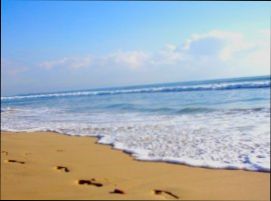
Challenges of Living Off-Grid in Spain
Living off-grid in Spain sounds dreamy, right? But let’s be honest, it’s not all sunshine and sangria. There are some pretty serious challenges you need to consider:
| Challenge | Description | Stats/Examples |
|---|---|---|
Legal Barriers | Spain has strict building codes, especially in rural areas. You can’t just plop down a yurt without checking regulations. | As of 2023, 74% of rural properties require official permits for construction. |
Water Access | Finding a reliable water source is crucial. Many rural areas lack infrastructure, so you might need to dig a well. | Only 38% of rural homes had access to running water in 2022. |
Solar Regulations | Although solar energy is becoming popular, you may face legal hoops to jump through if you want to install solar panels. | New solar laws proposed in 2023 could change the landscape dramatically. |
Waste Management | Dealing with waste can be tricky. Composting toilets are often the go-to, but there’s more to manage. | 35% of off-grid homes use composting systems, but they require maintenance. |
Isolation | Living off-grid means embracing solitude. That can get lonely, especially in an era of constant connection. | Over 50% of off-grid supporters said they miss social interaction. |
There’s also the financial aspect to consider. While you might save on utilities, initial setup costs can be hefty. Think solar panels, water systems, and sustainable building materials. According to a 2022 report, starting an off-grid lifestyle in Spain can run anywhere from €30,000 to over €100,000, depending on how fancy you want to get.
Platforms like Residoora can be super useful for scouting out off-grid properties. They’ll help you find the right place catered to your needs to minimize these challenges. And trust me, doing your homework is crucial!
Don’t let the challenges scare you off, but do keep them in mind as you dream of a life in the sun!
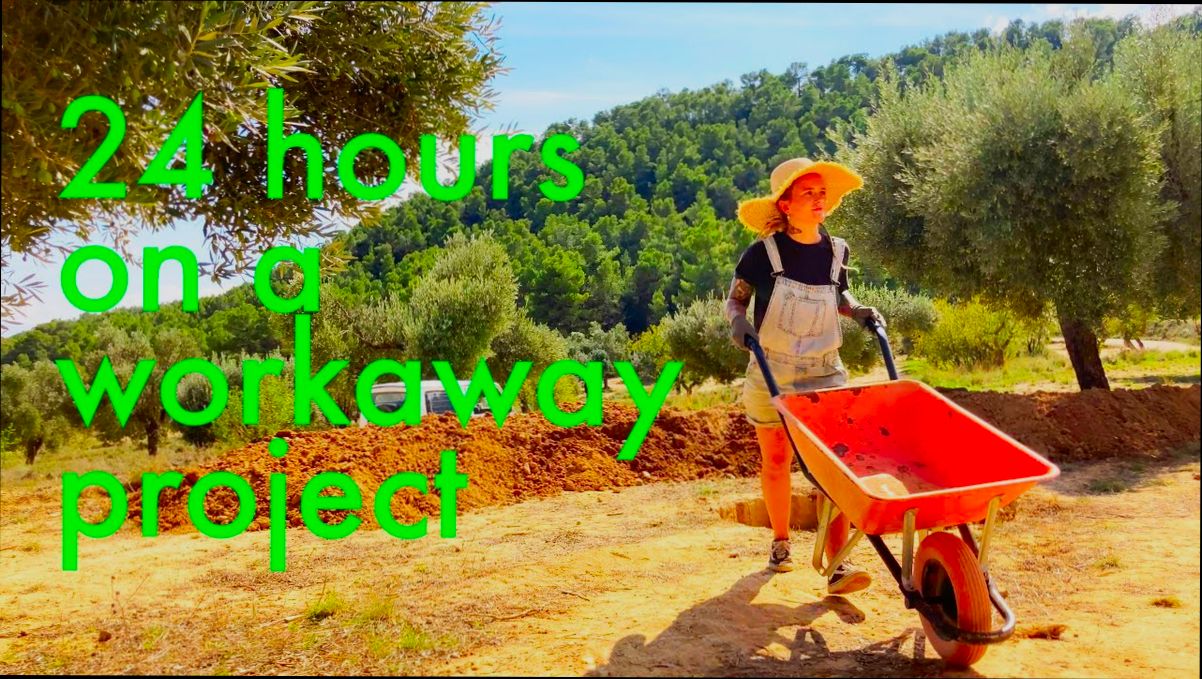
Community Support and Resources for Off-Grid Living
If you’re thinking about going off-grid in Spain, you’re definitely not alone! Many folks are diving into this lifestyle, and there are some fantastic resources out there to help you on your journey.
Online Communities
Connecting with others is a super way to share experiences and advice. Here are some online hubs you might want to check out:
Facebook Groups: Search for “Off-Grid Living Spain” or “Ecological Living in Spain” to find supportive communities. These groups often feature tips, shared experiences, and even local meetups!
Reddit: The r/OffGrid subreddit can be a treasure trove of information. You might not find many specifically about Spain, but general off-grid discussions are super useful.
Useful Websites and Platforms
There are platforms tailored to your needs:
| Website | Purpose |
|---|---|
Residoora | Find properties with off-grid potential or current off-grid setups. |
EcoCasa | Resources for sustainable building and living solutions. |
Local Councils | Information about local regulations and off-grid living permits. |
Workshops and Meetups
There are often workshops about sustainable practices and off-grid techniques. These can be invaluable for learning hands-on skills:
Permaculture Workshops: Look out for local permaculture groups offering classes in regenerative agro-practices.
Sustainability Fairs: Events like the “Feria de la Sostenibilidad” in various Spanish cities bring together like-minded people.
Local Co-Operatives and Initiatives
Don’t overlook the power of local co-ops. Many areas have initiatives geared towards sustainable living that can connect you to like-minded locals:
Energy Co-Ops: Groups that provide affordable renewable energy options.
Community Gardens: These can be great for both growing your own food and meeting neighbors.
Remember, you’re not in this alone! Plenty of people have made the leap to off-grid living and are ready to share their wisdom. Plus, with these resources, getting started can be more straightforward and fun.
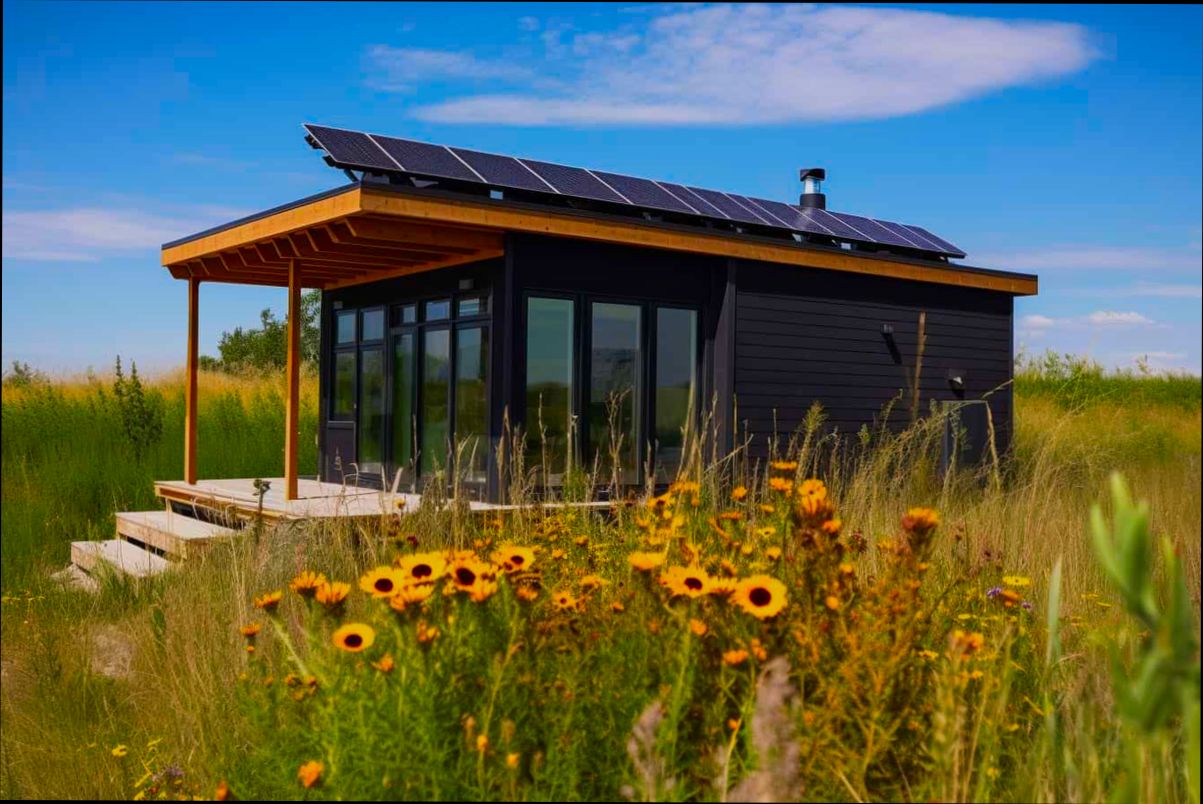
Future Trends in Off-Grid Legislation in Spain
So, if you’re eyeing an off-grid lifestyle in Spain, you might be curious about where things are headed in terms of laws and regulations. With a growing number of folks seeking sustainable living options, Spanish lawmakers are starting to pay attention. Here are some insights into what we might see in the future:
| Trend | Description |
|---|---|
Increased Renewable Energy Support | Spain is already a leader in solar energy, and with more people wanting to go off-grid, expect supportive legislation for small-scale solar installations. For example, net metering regulations may become more favorable, possibly allowing you to sell excess energy back to the grid. |
Streamlined Permitting Processes | Traditional processes can be a headache. Future efforts could focus on simplifying the red tape surrounding building permits for tiny houses and eco-friendly structures. |
Adoption of Circular Economy Principles | New laws encouraging waste reduction and resource reuse might support off-grid communities, promoting composting and rainwater harvesting. |
Now, speaking of statistics, did you know that by 2030, Spain aims to generate 74% of its electricity from renewable sources? This is a huge push towards sustainability that could make living off-grid in Spain more feasible.
Platforms like Residoora and Residoora are really shaking things up, too. They use AI technology to help real estate investors navigate these changing landscapes. Just imagine how helpful that could be if you’re jazzed about building your dream off-grid home!
Finally, it’s important to think about community involvement. More local municipalities may begin adopting bylaws that support eco-villages and permaculture systems. Who knows? You might find yourself living in a supportive network of like-minded people, sharing resources and connecting over your love for nature.
So keep your eyes peeled! Off-grid living in Spain isn’t just a dream; it could become a well-supported reality soon.
